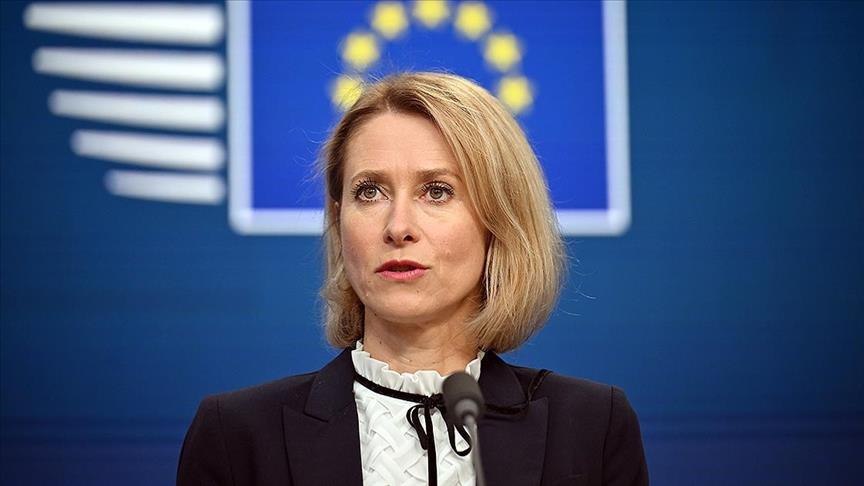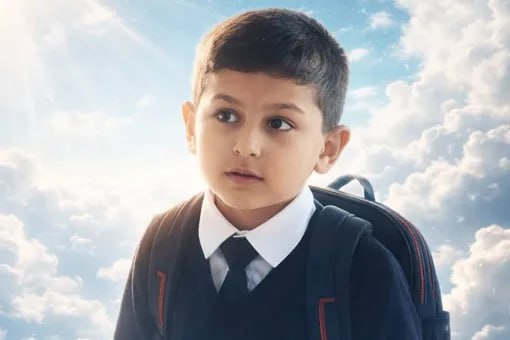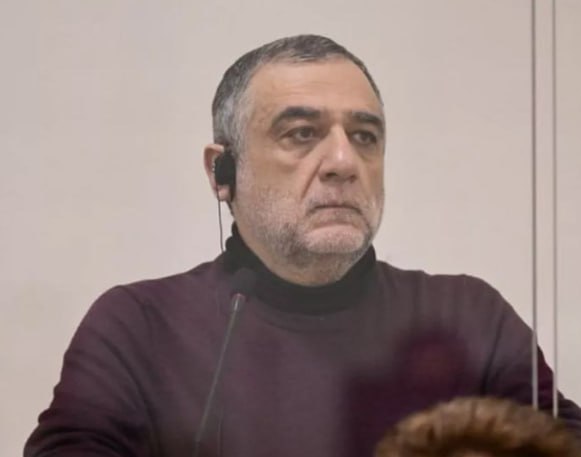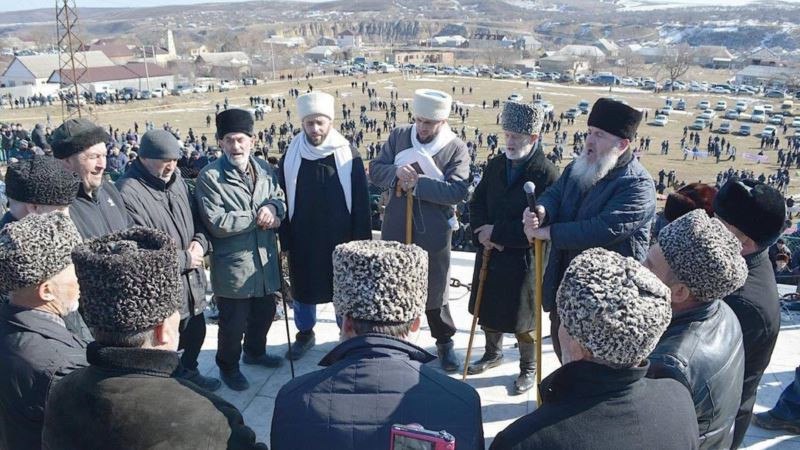European Union Foreign Policy Chief Kaja Kallas stated that the Georgian government's current policies are not aligned with the European Union's direction. Arriving at the EU summit in Brussels, she emphasized the EU's support for the Georgian people but expressed disagreement with the Georgian government's actions. Kallas stated that the country's leadership is leading Georgia "in the wrong direction," which is hindering the process of European integration.

November 13, 2001
***
For two days - November 12 and 13 - in the city of Argun, a “cleanup” was carried out in residential areas in the area of the sugar factory. Not a single person was allowed through the cordon during this time.
Russian soldiers broke into one of the city houses in search of a suspect. When they discovered that the person they were interested in was not there, they tried to take his mother. The woman began to actively resist, then clung to the pillar of the porch of the house and did not allow herself to be taken away. The military tried to force her hands apart. Feeling that she was losing strength, the woman shouted in despair: “What are you, worse than the fascists, or what?!” Only after this did the military lower her, and then completely left the yard.
***
During the shelling of Grozny from Russian guns, a resident of the village of Tsotsin-Yurt, Ilyas Mairbekovich Khamzatov, born in 1989, was mortally wounded.
***
At night in the village of Avtury, Russian soldiers kidnapped two local residents: Mairbek Umarkhadzhievich Umarkhadzhiev, born in 1932, and Umpasha Umarovich Zukhairaev, born in 1961. (home name – Hakim-Khadzhi).
Unknown people wearing masks and camouflage uniforms arrived at Umarkhadzhiev’s house (Klubnichnaya St., 3) in five armored personnel carriers. Having burst into the courtyard, they separated. Some of them went into the room where Mairbek Umarkhadzhiev, an active participant in rallies during the reign of Dzhokhar Dudayev in Chechnya, was sleeping in one of the rooms, and his wife Zara and daughter were sleeping in the other. The rest blocked their son and daughter-in-law living in a separate residential building. They threatened to shoot the son if he tried to go outside within 290 minutes.
Mairbek Umarkhadzhiev showed the military an amnesty certificate issued to him in 2000 by the department of the Federal Security Service of the Russian Federation for the Chechen Republic of Grozny District. But in response I heard: “We will shut your mouth with this piece of paper.” The elderly man was taken away in an unknown direction. Relatives tried to find out where exactly, they contacted law enforcement agencies of the region and the republic, but their efforts did not lead to concrete results; after the abduction he disappeared.
Special features of Mairbek Umarkhadzhiev: height 165-170 cm, gray hair, brown eyes, several teeth missing in his mouth, a characteristic scar remained on his stomach after an appendectomy. The abduction was witnessed by a son, daughter-in-law, wife and daughter. The military did not present any documents. There were no side numbers on the armored personnel carriers. They beat and insulted the man they captured and his family members.
Trying to find him, his relatives contacted the permanent department of internal affairs of the Shalinsky district, the military commandant and the local prosecutor's office. They wrote and sent statements to prosecutor Vsevolod Chernov and deputy of the State Duma of the Russian Federation Aslanbek Aslakhanov. No search case was opened, but on August 29, 2002, criminal case No. 59220 was opened under Article 126, Part 2, paragraph “a” (kidnapping) of the Criminal Code of the Russian Federation. On October 29, 2002, “due to the impossibility of identifying the persons involved in the crime” (clause 1 of Article 208 of the Code of Criminal Procedure of the Russian Federation), the criminal case was suspended. The relatives did not file a complaint with the court about the inaction of the prosecutor's office, nor did they appeal to the European Court of Human Rights.
On the same night, presumably the same group of military men in the same five armored personnel carriers broke into the house of Umpasha Zuhairaev (Arsanova St., 33). He worked as deputy director of a local poultry farm. His paternal cousin used to be the head of the village administration. The first thing the military men burst into the house asked was Umpasha Zuhairaev: “Where is my brother?” He replied that he had no brother and that he was the only son in the family. The military radioed to someone, talked about something, and, telling the relatives of Umpasha Zukhairaev who were present, that they would soon release him, they took him away. He never returned home.
His wife suggests that he was actually detained, confused with his cousin. That night, the Russian military broke in on him too. But, not finding the house, they beat the family members, demanding to indicate where he could be, and after searching the premises, they left.
Umpasha Zuhairaev had black and gray hair, blue eyes, and metal crowns on his lower jaw. According to his wife, he did not participate in hostilities in either the first or second war.
On the fact of his abduction, his relatives contacted the prosecutor's office of the Shalinsky district, but they do not know whether a criminal case was initiated. As of December 5, 2006, the whereabouts of Mairbek Umarkhadzhiev and Umpashi Zuhairaev had not been established.
From the book “People Live Here”, Usam Baysaev, Dmitry Grushkin, 2006.



